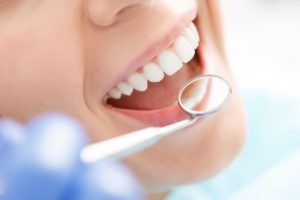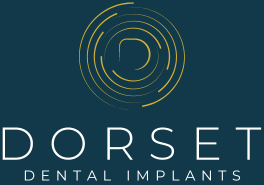Healthy vs Unhealthy Gums
If there’s one thing we all know, it’s that gums are pink, located in our mouth and hold our teeth together.
In the dental world, gums (gingival) are actually a type of tissue that hold the teeth securely in place to protect the jawbone.
Their purpose is to support teeth and are very important for strong oral health and hygiene.
Oral mucosa covers the gums acting like a protective lining that covers the entire mouth apart from your teeth. This protective lining defends the body from germs and foreign substances that may enter the mouth.
How to spot healthy gums
Healthy gums are firm and cover the entire root of the tooth. They will not bleed when brushed (gum disease), poked or prodded.
If you exhibit any of the above, then it is likely you are experiencing gum disease, which if left untreated will progress into the more serious periodontal disease.
Periodontal disease will eventually lead to your teeth falling out.
This is why it is essential that as soon as you spot a problem with your oral health and hygiene, you have it corrected by a professional dentist or hygienist.
At home, it is also important for the patient to carry out a diligent hygiene routine to clean the teeth. This will involve brushing teeth twice a day and flossing in between meals.
Flossing is an important part of the routine because it prevents the buildup of tartar in between teeth.
If this tartar is not removed, plaque will form turning the sticky substance hard. This can only be removed with the right equipment in a dental clinic.

Serious conditions to be aware of
Gingival recession, also known as gum recession, takes place when the root of your tooth starts to show.
It may be a sign of gum disease which destroys the structures that support your teeth.
It leads to greater tooth decay and eventually tooth loss.
When the roots are exposed, the teeth are more sensitive to hot/cold food and acids, making eating quite uncomfortable.
Causes include: Heredity, teeth grinding (bruxism), misalignment, brushing too hard at the gumline, tobacco/smoking
Treatments: When you find out that you have receding gums, you need to trace the cause and maybe try to reduce those things which make your gums recede, e.g., reduce smoking, or improve your oral hygiene procedures.
You can also visit your dentist, who may use different techniques to improve the appearance of your gums, including – deep cleaning, gum grafting and regeneration (severe cases).
Can a tooth be saved?
Gum disease is the major cause of tooth loss.
Teeth feel loose and can make eating a problem.
However, there are ways of saving the tooth rather than simply extracting it and replacing it with a fixed implant.
If decay approaches the bone level, then restoration may not be possible.

As well as wobbly teeth, other signs of advanced gum disease include:
- Red and/or swollen gums
- White gums
- Bleeding gums or regular abscesses
- Abnormal taste in the mouth, sometimes metallic
- Constant or reoccurring bad breath
Sometimes, decay, infection and disease can destroy a tooth. For example, root canals are performed to clean the decay, but they cannot bring your tooth back to life.
In the most serious of cases, where patients lose a tooth, replacing the gap with dentures is not your only option.
We are an advanced implant clinic that offers patients the chance to replace missing teeth with long-lasting, stable dental implants that mimic natural teeth.
How do patients at Dorset Implant Centre feel about losing a tooth?
Sometimes, a tooth needs to be removed. This can happen in extreme cases where infection and decay are present.
We understand that losing a tooth can be very traumatic.
The decision to extract a tooth can be very difficult, even when necessary.
That is where Dr Philip McCauley’s experience and caring demeanour comes into play. Patients are reassured and comforted.
